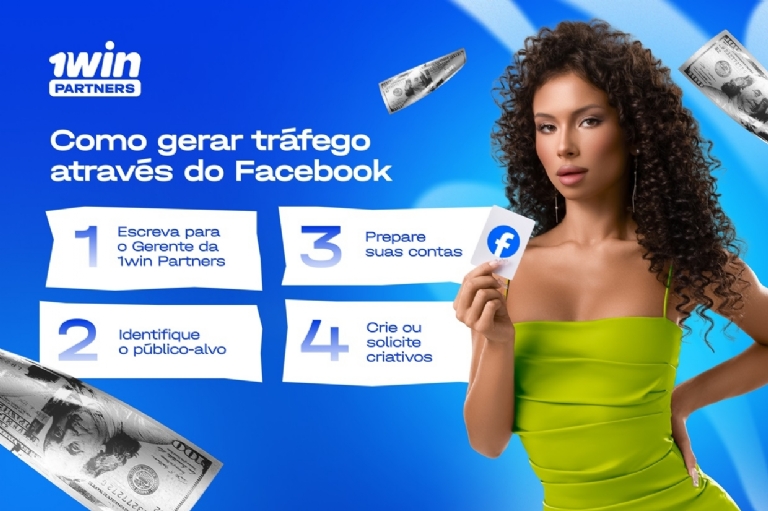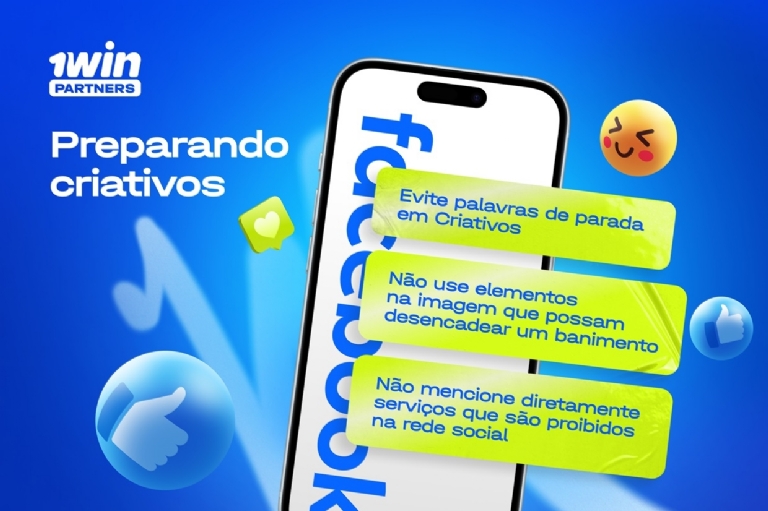

Don't forget about our Instagram and YouTube channel. There's plenty of content for you to study and achieve an excellent ROI.
How to direct traffic using Facebook and is It worth it?
Despite its annual changes in advertising policy, Facebook never closes this subject, always leaving several loopholes for webmasters. Mark Zuckerberg and the company are well aware of affiliate marketing and how much revenue it brings to their social network. In fact, for this reason, they don't shut it all down. After all, if they did, the company's revenue would plummet. So, there will always be loopholes, although the difficulties of use may grow.


One of the advantages of Facebook is that you can advertise apps on it. In this case, there is no need to set up cloak filters and create a "blank page". Facebook accepts apps hosted on the App Store and Google Play as it considers them completely secure resources. In fact, directing traffic to the app is now the main form of affiliate marketing on Facebook.
Defining the target audience
This is the first place you should start if you decide to use Facebook to generate traffic. In fact, determining the target audience is mainly necessary not to get a conversion (Facebook generally handles that much better than people) but to minimize complaints about an advertising campaign.
To determine the target audience, simply look at the offer statistics or request information from your manager. As a last resort, you can look at the statistics on offers related to the topic; the audience will be identical.
Account crafting
You won't be able to register a new account, log in, and launch an advertising campaign – you'll be banned immediately. Therefore, all accounts need to be prepared. Now, there are three main ways to prepare an account to launch advertising campaigns.
Buying accounts
The percentage of successful launch of such accounts and their lifespan heavily depends on the skills of the seller who created them. For some, 15-20% are successfully launched, and for others, over 50% can be launched. Accounts can be sold with or without an advertising account.
If you buy an account with an advertising account:
If the account doesn't have an advertising account:
Renting accounts from real people
You ask another person (it can be a friend or relative, or just someone you deliberately contacted for this purpose on Facebook) to have access to their account. It's better to mention right away that you're not interested in their personal data but only in the advertising account.
It's also worth making accounts from a year old and on which advertising campaigns have not been launched before. The advantage of these accounts is that they are already warmed up, and Facebook's moderation algorithms trust them. If everything is done correctly, the percentage of successful campaign launches will be around 100%.
Registering accounts on your own
No one prevents you from creating your own accounts (massively creating a large number). There are two ways. The first is automatic registration through a special service. With this approach, many accounts are created, but the percentage of successful launch will be small (no more than 10%). Facebook's algorithms are very good at finding and banning these accounts. Especially if you try to immediately create an advertising account.
The second way is to register accounts manually. This is a slower method, but the percentage of successful launch is much higher (over 50%). Also, for the manual account, it makes sense to prepare in advance everything you need to bypass the checks.
Of course, there are other ways to get accounts, including not entirely legitimate ones (using viral software), but these accounts have very poor results.

In addition to the account, you need to prepare advertising creatives in advance. It's important to know and remember that Facebook has "unacceptable business models" to minimize blocks in the launch phase:
To summarize the above, your ads should not directly acknowledge what cannot be advertised on Facebook.
In part 2 of this article, we will teach you how to prepare advertising creatives that can be used on the platform and how to launch a successful campaign.
Keep an eye on our Telegram channel, so you don't miss part 2.
Source: 1win Partners